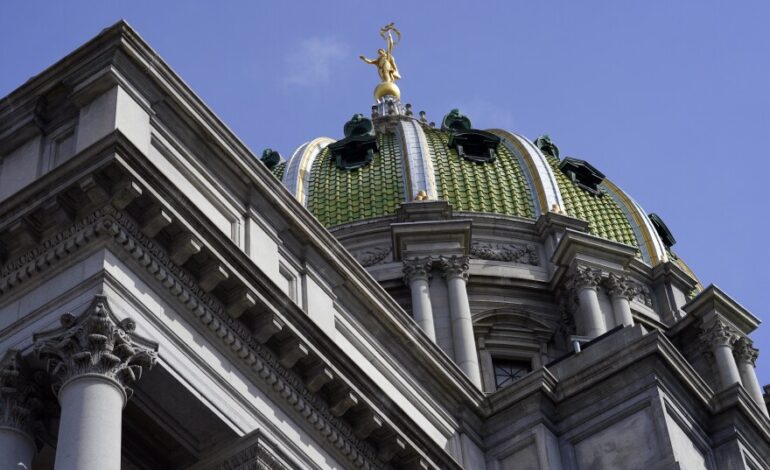Education Advocates Urge Reform of Cyber Charter Funding in Pennsylvania

A coalition of education advocacy groups in Pennsylvania has called on state lawmakers to reform the funding mechanism of cyber charter schools as part of the ongoing budget negotiations. In a letter sent on March 27, 2024, the advocates implored legislators to incorporate these reforms into a budget that is already a month overdue.
The proposed reforms follow recommendations from Democratic Governor Josh Shapiro, who earlier this year suggested capping cyber charter tuition at $8,000 per student, with additional funding for students requiring extra support. Shapiro’s office estimates that this change could save public school districts approximately $378 million annually.
Advocates, including organizations such as Education Voters PA, Alliance to Reclaim Our Schools, and the Education Law Center, argue that the current funding system, established in 2002, forces public schools to overpay for online education. This system uses a formula similar to that for traditional in-person schools, despite the lower operational costs of cyber charters.
In their letter, the advocates highlighted that the financial burden created by these funding disparities leads school districts to raise taxes. “As a result of these legislatively mandated overpayments, Pennsylvania’s tax dollars are swelling cyber school fund balances and paying for waste on expenditures unrelated to educating students,” they stated. They also noted the difficulties faced by public schools in providing essential resources for student success.
The letter referenced a recent audit conducted by Republican Auditor General Tim DeFoor, which examined five of Pennsylvania’s fourteen cyber charters. The audit revealed that these online institutions had increased their reserves by 114% from 2020 to 2023, largely due to an influx of revenue during the COVID-19 pandemic. The report also pointed out questionable expenditures, including the Commonwealth Charter Academy‘s purchase of 21 buildings for $196 million and the Pennsylvania Cyber Charter School‘s acquisition of $4.3 million in gift cards for students and families.
The advocates condemned these spending practices, claiming, “Pennsylvanians cannot afford another year of inaction that will simply guarantee higher school property taxes, allowing cybers to further balloon their fund balances and engage in wanton spending on items unassociated with providing students a quality education.”
The findings from DeFoor’s audit have led to a rare consensus among lawmakers from both parties regarding the need to address the funding system. Nonetheless, the specifics of how to implement these changes remain contentious in the current budget discussions.
In June 2023, House Democrats, supported by two Republican representatives, passed a proposal aimed at saving public schools $616 million annually. This plan included accountability measures that garnered interest from Senate Republicans, such as regular wellness checks for online students and requirements for public schools to verify residency for those attending cyber charters.
Despite the proposal’s potential benefits, Senate Republicans have yet to advance it through committee. Senate Majority Leader Joe Pittman expressed the need for any savings to contribute to addressing the funding disparity between low-income and high-income districts, which the Commonwealth Court deemed unconstitutional in 2023.
In a statement on March 26, 2024, Pittman remarked that he had met with Governor Shapiro and expressed optimism that a budget deal could be reached soon.
As the debate continues, the push for reforms in cyber charter funding remains a critical issue for education advocates and public school districts across Pennsylvania.






